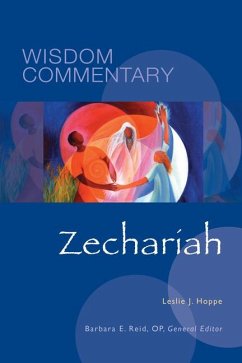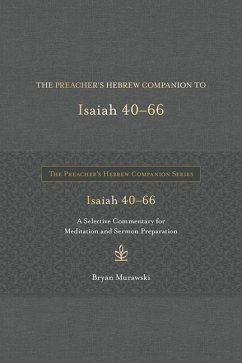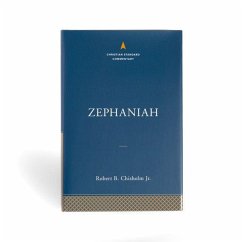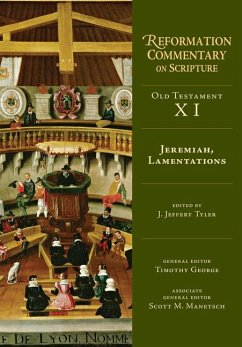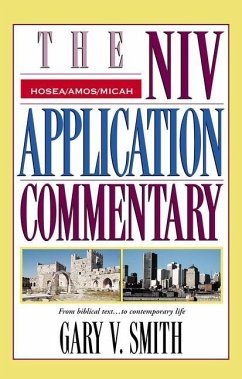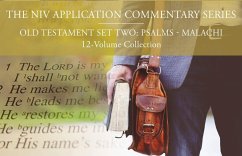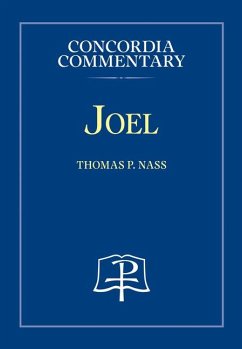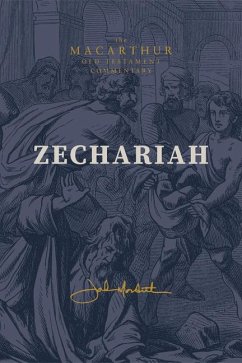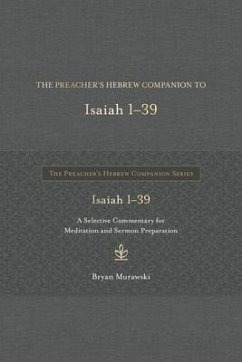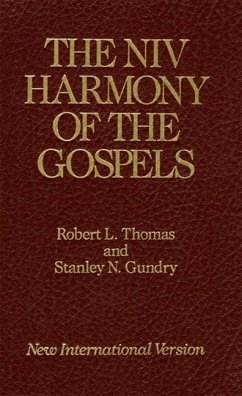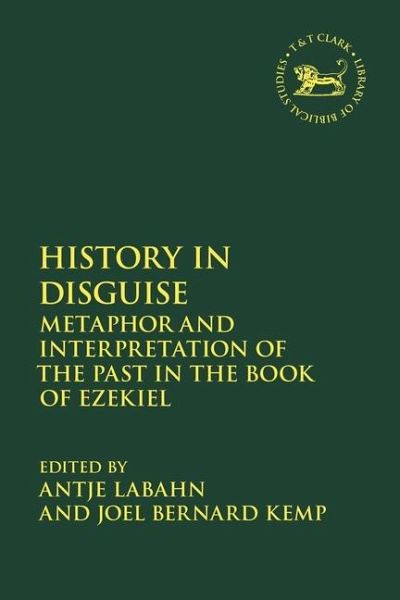
History in Disguise
Metaphor and Interpretation of the Past in the Book of Ezekiel
Herausgeber: Labahn, Antje; Vayntrub, Jacqueline; Kemp, Joel Bernard; Quick, Laura
Versandkostenfrei!
Erscheint vorauss. 17. September 2026
113,99 €
inkl. MwSt.
This volume seeks to illuminate that the metaphors featured in Ezekiel's prophetic writing are closely connected to interpretations of historical events. The authors highlight how this use of metaphor is unique and not replicated in other Old Testament texts. Whereas in most Old Testament writing metaphors describe procedures in experiencing life, the metaphors in Ezekiel are integrated into a context of interpreting history. The collection opens up new ways of understanding past events and fills a gap in existing scholarship. Although metaphor research has received a great deal of attention, ...
This volume seeks to illuminate that the metaphors featured in Ezekiel's prophetic writing are closely connected to interpretations of historical events. The authors highlight how this use of metaphor is unique and not replicated in other Old Testament texts. Whereas in most Old Testament writing metaphors describe procedures in experiencing life, the metaphors in Ezekiel are integrated into a context of interpreting history. The collection opens up new ways of understanding past events and fills a gap in existing scholarship. Although metaphor research has received a great deal of attention, the metaphors in Ezekiel have not yet received significant scholarly attention, especially with an understanding of them reflecting historical events. Case studies in this volume include an examination of nakedness and shame in Ezekiel 16, Ezekiel's oracles in Ezekiel 18 and the radical handling of metaphor in Ezekiel 23. Covering texts of terror, dynamic allegories and vivid imagery, this volume brings the prophetic text to life and illuminates the reader on deliberate literary choices which sought to highlight historical events of importance to the text's author. Contributors employ various theories to analyse the metaphors and their link to history, including conceptual metaphor theory, cognitive linguistics and the use of ancient Near Eastern iconography.




